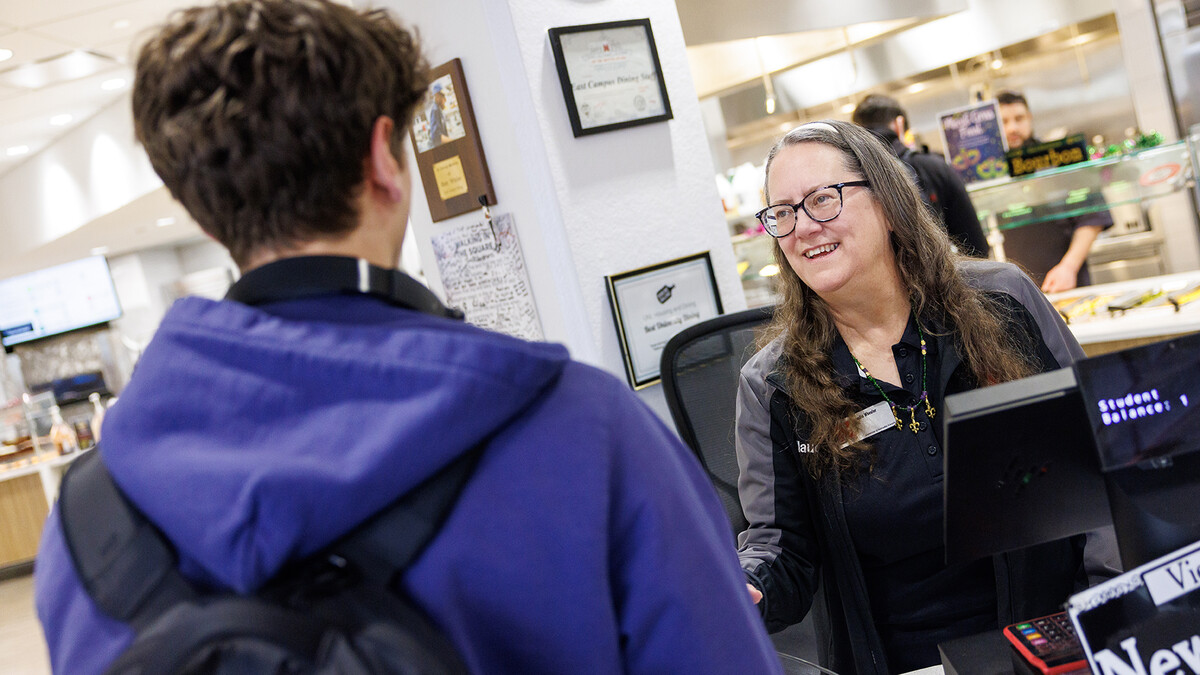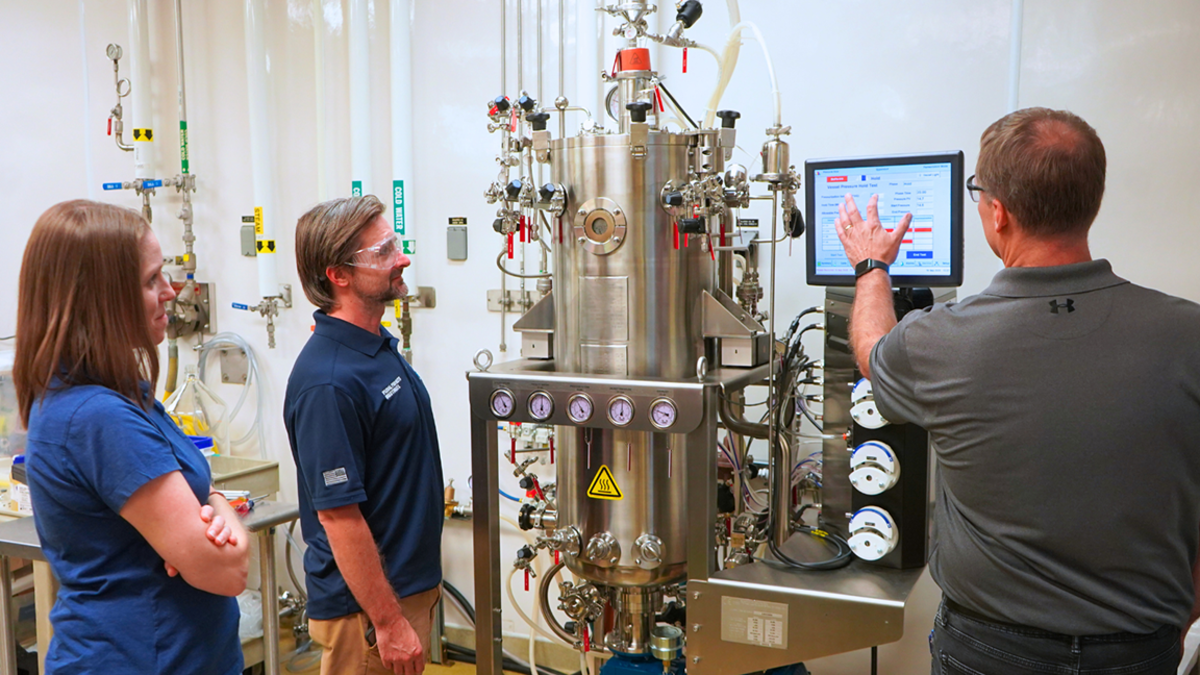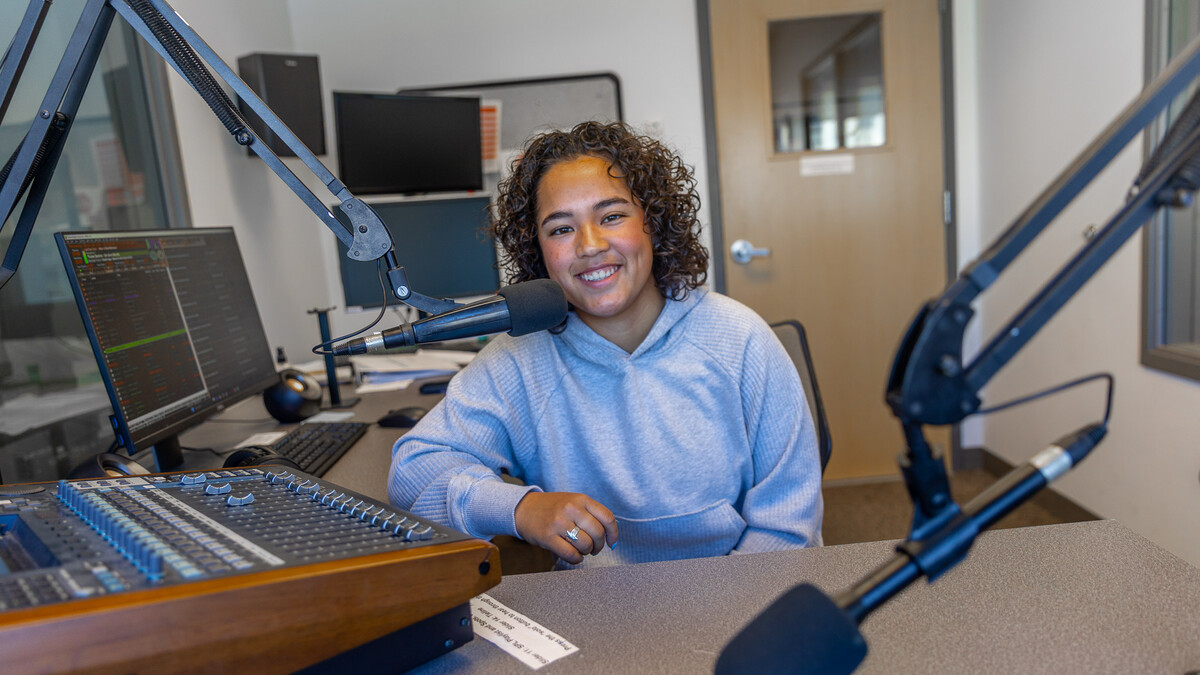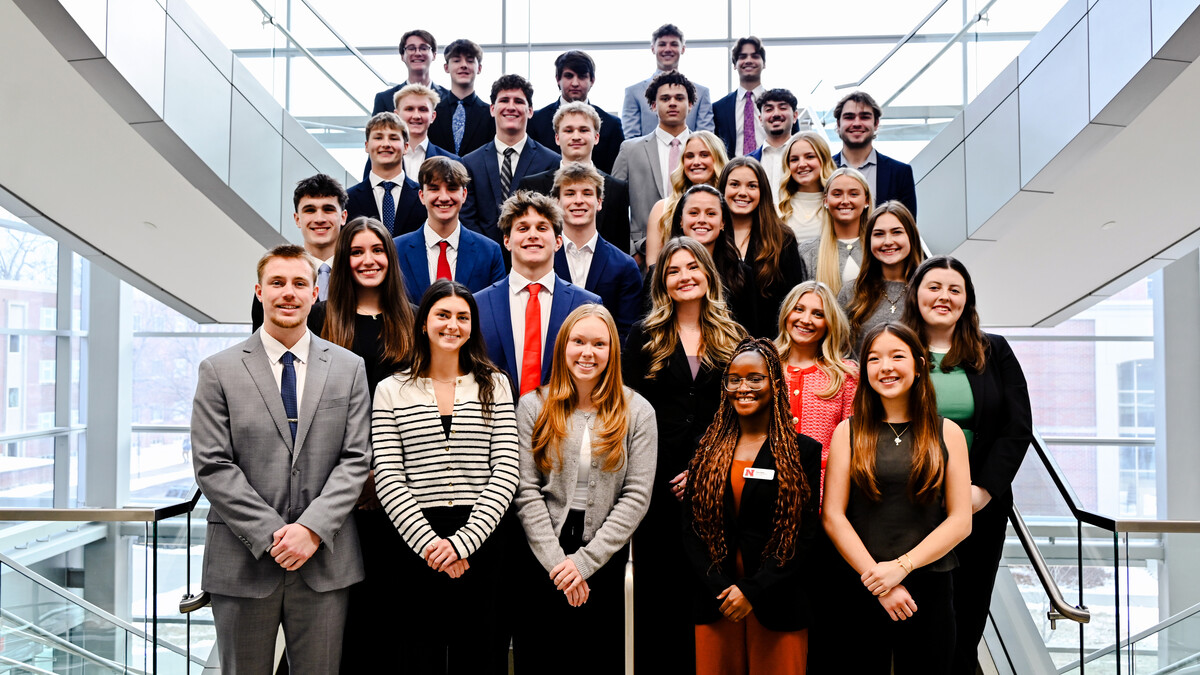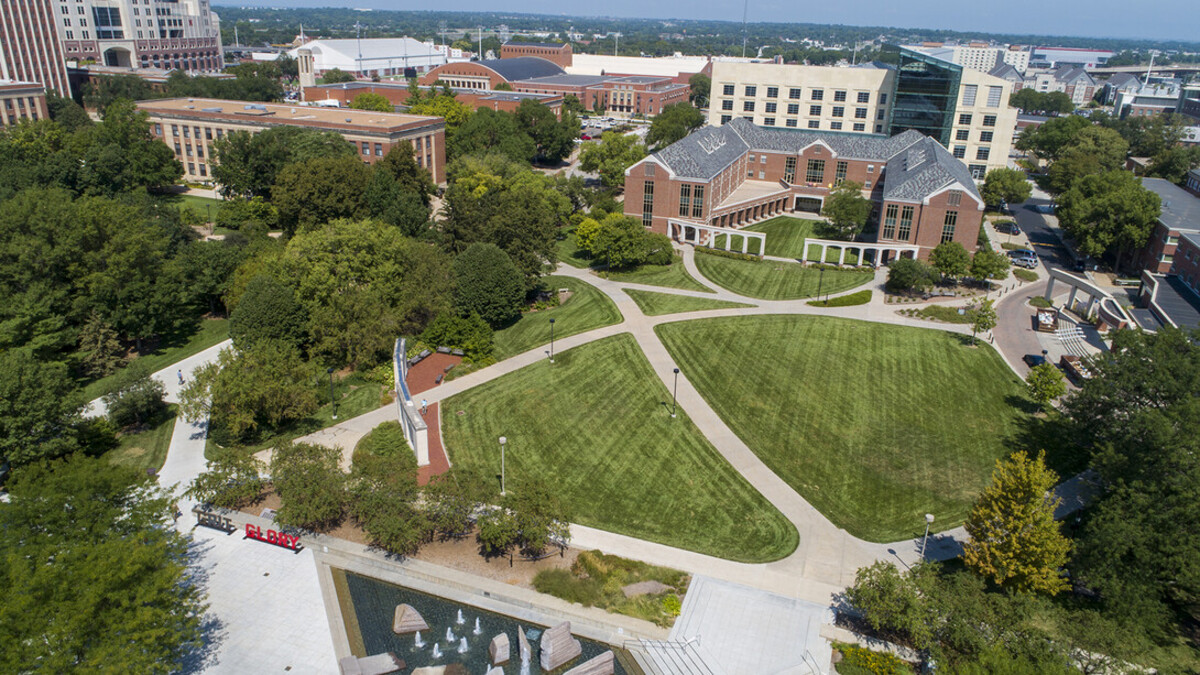
Despite advances since Judy Walker graduated as one of just a few women in her doctoral mathematics program 20 years ago, today only a quarter of U.S. math doctorates go to women.
The mathematics profession must take responsibility for diversifying its doctoral program graduates, said Walker, Aaron Douglas Professor of Mathematics and interim associate vice chancellor for academic affairs at the University of Nebraska-Lincoln.
Walker heads a new project aimed at increasing the number of U.S. women with mathematics doctorates. It was one of 37 projects nationwide funded through the new National Science Foundation INCLUDES program to broaden participation in science, technology, engineering and mathematics, or STEM fields, by improving educational opportunities for underserved populations.
The award acknowledges the university’s national reputation as a leader in promoting diversity in mathematics education, Walker said.
The two-year, nearly $300,000 grant funds a pilot project to research existing programs and to develop new educational models that support women in math, including minority women. Walker is teaming with mathematicians at California’s Pomona College, Massachusetts’s Smith College and Minnesota’s Carleton College.
Generating momentum within the academic community is a key aspect of the project.
“The idea of transferring responsibility for this issue from individually concerned citizens to the mathematics profession as a whole is bold,” Walker said. “The shift is telling them that it’s up to them to make it happen; as opposed to, ‘I will tolerate these programs aimed at doing this.’”
Increasing women’s participation improves opportunities for everyone, she added. Math is the foundation for advancing numerous science, technology and engineering fields. People with math doctorates are in high demand in many growth sectors, including national security, technology and finance.
“If you’re ignoring half your workforce, then you’re ignoring potential,” Walker said.
Stereotypes about women’s math abilities, societal pressure and a lack of role models and peer groups contribute to the historically low numbers of women math professionals.
“If you take an isolated woman or member of a minority group and put them in a situation where people don’t think they’re going to succeed, they probably won’t,” Walker said. “You need a culture that supports their success if they’re going to succeed.”
Several programs geared toward countering these obstacles have been successful, including the university’s annual Nebraska Conference for Undergraduate Women in Mathematics. The team will research these programs to identify the important aspects that can be developed into cost-effective approaches that reach a larger audience. Patricia Wonch Hill, research assistant professor in sociology, will work with Nebraska’s Bureau of Sociological Research to interview participants and coordinators as well as graduate program directors and those who hire people with doctorates in math.
In addition to the university’s annual women in mathematics conference, the team will review three other successful programs geared toward undergraduate or graduate students: EDGE, a summer residency and mentoring program administered by Morehouse and Pomona colleges; the Carleton College Summer Mathematics Program for Women; and the Post-baccalaureate Program at Smith College.
Participants and others in the math community will meet to begin developing math educational prototypes based on research results. The grant also funds a website to compile resources and information for women math students.
A national advisory panel of prominent mathematics community members will help distribute results and encourage participation in educational reform across the profession.
INCLUDES, which stands for Inclusion across the Nation of Communities of Learners of Underrepresented Discoverers in Engineering and Science, is investing in developing partnerships and alliances across award winners, philanthropy, government and professional societies to strengthen education diversity across STEM fields. Nebraska will participate in these national alliances.
“The University of Nebraska-Lincoln is uniquely positioned to house this project,” Walker said. “If you ask people in the mathematics community nationally which math departments are doing it right, everyone is going to say Nebraska. Absolutely, no doubt.”
